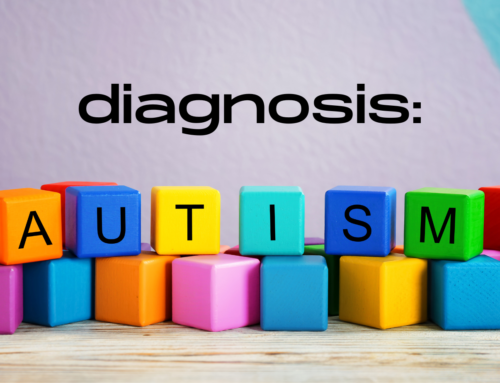Over 99 percent of the bacteria in the gut are anaerobes – organisms that do not require oxygen for growth. Gut flora gleans energy from the fermentation of undigested carbohydrates and the subsequent absorption of short chain fatty acids. Intestinal bacterium also plays a role in synthesizing vitamin B and vitamin K as well as metabolizing bile acids, sterols, and xenobiotics.
Research suggests that the relationship between gut flora and humans is not merely commensal, as there is a mutual, beneficial existence between the two.
The influence of lower gut bacteria has been associated with weight and metabolism, immunity, digestive allergies, and preventing the growth of harmful, pathogenic bacteria.
Current research also suggests a link between gut flora and autism in children, reports WebMD.
Autism is a neurodevelopmental disorder, more common among boys, characterized by impaired social interaction and communication. Autistics have a restricted understanding of non-verbal communication, have difficulty with empathy, and exhibit repetitive behaviors as they like predictability.
A small study, published in the journal PLOS One, suggests a relationship may exist between autism and intestinal bacteria.
Brown was quoted in MSN Health saying, “One of the reasons we started addressing this topic is the fact that autistic children have a lot of [gastrointestinal] problems that can last into adulthood. Studies have shown that when we manage these problems, their behavior improves dramatically.”
Gastrointestinal disorders can include or be associated with reflux, peptic ulcers, gallstones, lactose intolerance, diverticulitis, inflammatory bowel disease, celiac disease, and chronic constipation.
The results suggest this line of study may lead to new ways to treat autism-associated gastrointestinal problems.
I found this on Inquisiter.com






